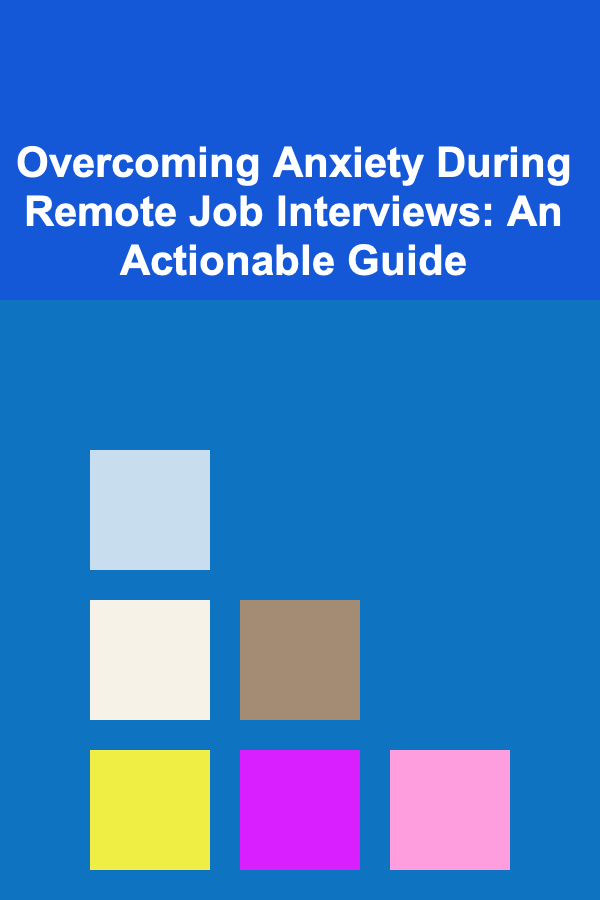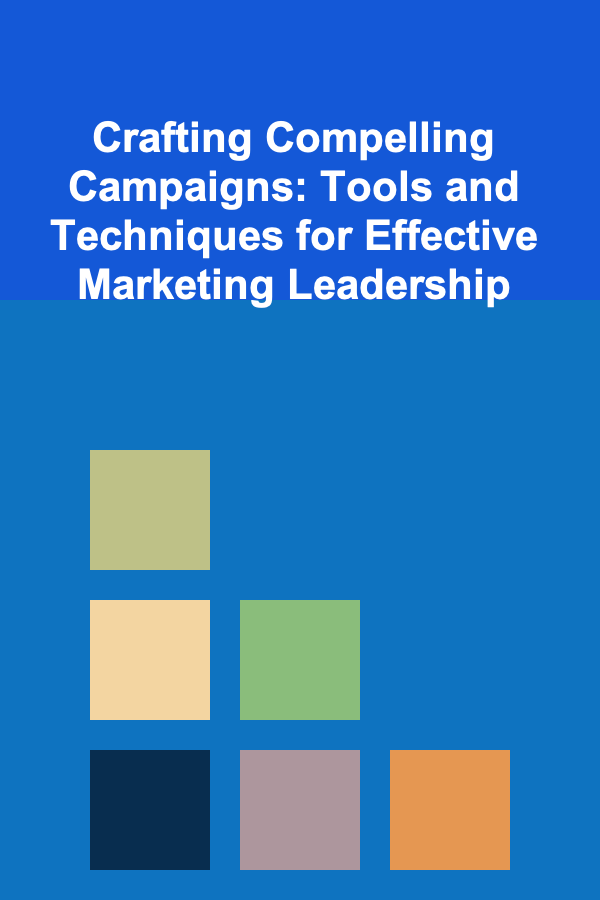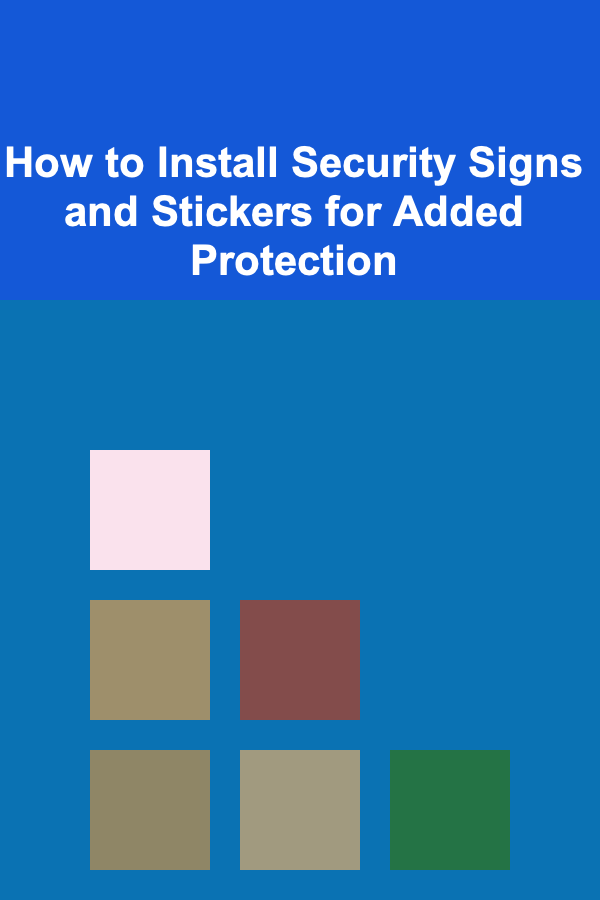
Overcoming Anxiety During Remote Job Interviews: An Actionable Guide
ebook include PDF & Audio bundle (Micro Guide)
$12.99$5.99
Limited Time Offer! Order within the next:

In today's increasingly digital world, remote job interviews have become a standard practice. However, for many job seekers, the prospect of facing an interview from behind a screen can trigger anxiety. The pressure to perform well, coupled with the unfamiliarity of a virtual setting, can amplify feelings of nervousness. While some may find comfort in the convenience of being at home, others experience heightened anxiety due to the unique challenges of remote interviews.
The good news is that remote interview anxiety can be managed and overcome with preparation, self-awareness, and the right mindset. This actionable guide will provide practical strategies to help you handle the stress and perform your best during remote job interviews.
Prepare Your Environment
Your environment plays a crucial role in setting the tone for your interview. Anxiety can be heightened if you're unsure about the space around you or if you face unexpected distractions. The more control you have over your setting, the less anxious you will feel.
1.1. Choose a Quiet, Well-Lit Space
Find a quiet area where you can avoid interruptions. This may seem obvious, but it's important to make sure that your family members, pets, or housemates are aware of your interview time. Consider using a "Do Not Disturb" sign or informing those around you beforehand.
Lighting is also crucial for remote interviews. Poor lighting can cause you to appear shadowed, which can be distracting. Aim for natural light or a good quality lamp positioned in front of you, so your face is clearly visible. Avoid bright lights behind you, as they can create a silhouette effect.
1.2. Ensure a Clean Background
A cluttered background can be distracting and add to your nervousness. Choose a neutral background or one that is tidy and professional. If a suitable background is not available, consider using a virtual background. Many video conferencing platforms, like Zoom, offer this feature.
Additionally, ensure that your internet connection is stable and that your device is fully charged or plugged into a power source. Technical issues during an interview can increase anxiety, so testing everything in advance is crucial.
Practice Technology and Platform Familiarity
Technical difficulties can be a significant source of stress during remote interviews. Knowing the technology and platform you're using can help you avoid these problems and keep your focus on the conversation rather than the settings.
2.1. Test Your Equipment
Before the interview day, test your microphone, camera, and internet connection. Run a test interview with a friend or family member to check your audio and video quality. This step will allow you to adjust any settings and ensure that you're presenting yourself in the best possible way.
Additionally, make sure your camera is positioned at eye level. Looking directly at the camera helps to simulate eye contact and gives you a more natural presence.
2.2. Familiarize Yourself with the Interview Platform
Interview platforms such as Zoom, Microsoft Teams, or Google Meet often have unique features. Familiarize yourself with the platform in advance. Ensure you know how to:
- Join a meeting
- Mute/unmute your microphone
- Turn your camera on/off
- Share your screen (if necessary)
Knowing the features of the platform will not only help with anxiety about technology but will also make you appear more professional and well-prepared.
Prepare Your Responses and Practice
While you can't predict every question during an interview, you can certainly prepare and rehearse common ones. Feeling confident about your responses can reduce the anxiety that often comes from fear of saying the wrong thing.
3.1. Anticipate Common Interview Questions
Research common interview questions that apply to your role and industry. Some of these may include:
- Tell me about yourself.
- Why do you want to work here?
- What are your strengths and weaknesses?
- How do you handle stress or tight deadlines?
Prepare your answers in advance, focusing on crafting clear, concise, and confident responses. Make sure your answers align with the job description, showcasing how your experience, skills, and values align with the company.
3.2. Practice, Practice, Practice
Rehearse your answers out loud, ideally in front of a mirror or with a friend. Practicing helps you refine your answers and makes them sound more natural. This step can also help you become more comfortable speaking about yourself and reduces the likelihood of stumbling during the actual interview.
Consider using a mock interview to simulate the pressure of a real interview. By practicing under slightly stressful conditions, you will gradually build confidence in handling remote job interviews.
Adopt the Right Mindset
Your mindset plays a pivotal role in overcoming anxiety. Rather than focusing on fear or potential mistakes, shift your perspective to one of curiosity and opportunity. This change in mindset can help you stay calm and focused during the interview.
4.1. View the Interview as a Two-Way Conversation
It's easy to see the interview as a high-pressure performance, but remember that it's also an opportunity for you to assess whether the company and role are a good fit for you. Shift your mindset from viewing it as a one-sided evaluation to seeing it as a conversation where both parties are assessing compatibility.
This mindset shift can reduce anxiety by reminding you that you also have a say in whether this job aligns with your career goals and values.
4.2. Practice Breathing Exercises and Relaxation Techniques
If you feel anxiety building before or during the interview, take a few deep breaths to calm yourself. Slow, deep breathing can help reduce the physiological symptoms of anxiety, such as a racing heart or shallow breathing. Consider incorporating other relaxation techniques such as progressive muscle relaxation (PMR) or mindfulness meditation into your routine.
These techniques can also help you ground yourself before the interview begins. For instance, taking a few moments before logging in to focus on your breath can help you feel centered and ready to face the interview.
4.3. Visualize Success
Visualization is a powerful technique used by athletes and high achievers to mentally rehearse success. Spend a few minutes visualizing a successful interview in your mind. Imagine yourself speaking confidently, answering questions with ease, and maintaining positive body language. This mental rehearsal can boost your confidence and reduce feelings of anxiety.
Master Remote Body Language
In face-to-face interviews, body language is an essential part of communication. In remote interviews, the dynamics are different, but body language is still an important factor in conveying confidence and professionalism.
5.1. Sit Upright and Maintain Good Posture
Your posture speaks volumes, even if the interviewer cannot see your entire body. Sit upright, with your shoulders back and chin slightly lifted. Good posture conveys confidence, while slouching can make you appear disengaged or nervous.
5.2. Smile and Use Positive Facial Expressions
Facial expressions are an essential part of communication, even in a virtual environment. Smiling during the interview helps you appear approachable and friendly, which can create a positive impression. Also, make sure to nod occasionally to show that you're actively listening.
5.3. Maintain Eye Contact
While it may feel awkward at first, try to look directly into the camera during the interview. This simulates eye contact and shows that you're engaged with the conversation. Looking at the screen instead of the camera can make it seem like you're avoiding eye contact, which can be perceived negatively.
Embrace Mistakes and Stay Flexible
It's natural to worry about making mistakes during an interview. However, don't let the fear of mistakes paralyze you. If you stumble on a question or lose your train of thought, it's okay. Simply pause, gather your thoughts, and continue. The interviewer will likely appreciate your composure and ability to handle pressure.
If a technical issue arises during the interview, stay calm and address the issue as quickly and efficiently as possible. Most interviewers understand that technology can fail at times, and how you handle the situation is what matters most.
Conclusion
Overcoming anxiety during remote job interviews is achievable with the right preparation, mindset, and strategies. By preparing your environment, practicing technology, anticipating questions, and focusing on the conversation rather than the pressure, you can reduce anxiety and perform your best. Remember, remote interviews are not as intimidating as they may seem, and with practice, you'll develop the confidence needed to handle them with ease. Stay calm, be yourself, and focus on the opportunity to showcase your skills and personality. With these strategies, you'll approach your next remote interview with confidence, ready to take the next step in your career.

Crafting Compelling Campaigns: Tools and Techniques for Effective Marketing Leadership
Read More
How to Incorporate Vintage Lighting Fixtures into Modern Decor
Read More
How to Install Security Signs and Stickers for Added Protection
Read More
How to Make Money Online as a Vintage Item Seller: 10 Actionable Ideas
Read More
How to Properly Clean and Maintain Your Dishwasher
Read More
How to Spot Emerging Neighborhoods for Investment
Read MoreOther Products

Crafting Compelling Campaigns: Tools and Techniques for Effective Marketing Leadership
Read More
How to Incorporate Vintage Lighting Fixtures into Modern Decor
Read More
How to Install Security Signs and Stickers for Added Protection
Read More
How to Make Money Online as a Vintage Item Seller: 10 Actionable Ideas
Read More
How to Properly Clean and Maintain Your Dishwasher
Read More